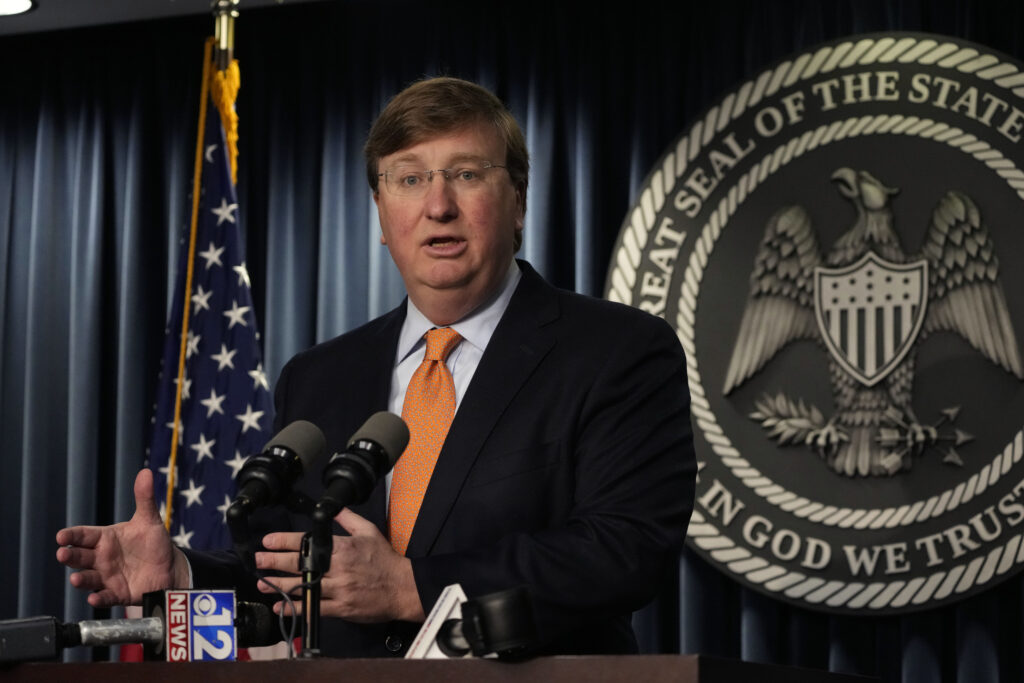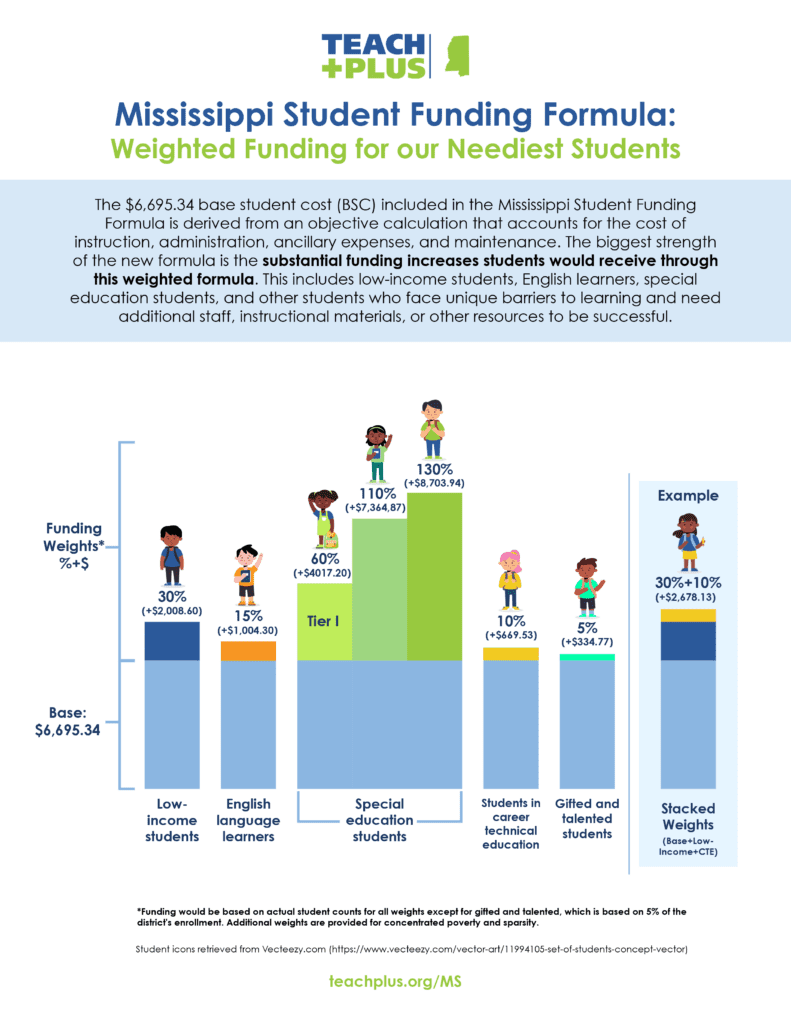
- This year’s appropriated total for education provides nearly $230 million more for K-12 schools, bringing the amount to roughly $2.96 billion.
Governor Tate Reeves (R) signed HB 4130 into law this week, establishing a new K-12 education funding formula in the state of Mississippi.
As of July 1st, the “Mississippi Student Funding Formula” replaces the “Mississippi Adequate Education Program,” or MAEP, as the mechanism by which public schools will be funded annually.

Governor Reeves told Magnolia Tribune he was proud to sign the bill into law.
“Throughout my time as governor, you’ve heard me talk about the importance of funding students, not systems. That’s what this bill does and that’s why I signed it,” Reeves said.
The Governor believes the new funding formula will help the state build on “the Mississippi Miracle and the record academic achievement happening in our state.”
“This is another good day for education in Mississippi,” Governor Reeves said.
The Mississippi Student Funding Formula and this year’s appropriated total for education provides nearly $230 million more for K-12 schools, bringing the amount to roughly $2.96 billion.
The new formula owes much of its bones to the INSPIRE Act, a proposal passed in the Mississippi House of Representatives earlier this session. It provides base student funding of $6,695 in the first year. It also creates a series of “weights” that increase the amount of funding available to students in certain categories considered more expensive to educate. These weighted categories include students identified as special needs, low income, and English language learners, among others.
For instance, MAEP previously provided a 5% weight for low-income students. Under the new formula, a low-income student will draw a 30% weight, good for an additional $2,008 on top of the base student cost.
The base student funding will be increased in 2026, 2027, 2028 based on inflation. Beginning in 2029, and once every four years thereafter, the State Board of Education will recommend a new base student funding amount based on a new “objective formula” that factors in instructional, administrative and facility costs. The Mississippi Senate insisted on the inclusion of this new “objective formula” as part of a compromise with the House.
Teach Plus Mississippi, a state education policy advocacy group, applauded the new funding formula, saying Mississippi finally has a formula that provides both adequate and equitable funding for our public school students.

“This new formula is simpler and more flexible for administrators, while also providing significant increases in funding for students who are low-income and in special education. And for the first time, there is state funding for English learners,” said Sanford Johnson, Teach Plus Mississippi Executive Director. “This doesn’t end discussions about school funding in Mississippi, but they may be noticeably different going forward.”
The graphic to the right shared by Teach Plus provides a snapshot of the weighted funding considered in the new Mississippi Student Funding Formula.
Teach Plus was not alone in its support of the legislation. A broad coalition that included Empower Mississippi, Mississippi First, the Mississippi Center for Public Policy, and Americans for Prosperity worked in favor of the concept throughout the session.
Choosing to do away with MAEP in favor of this new formula has been a longtime coming at the Mississippi Capitol. Previous efforts have been short-lived and unsuccessful, as those in support of MAEP have held it up as if it was the holy grail of education funding.
However, MAEP, passed in 1997 and phased in through 2003, had become widely viewed as a complex, overly complicated formula. Its funding, or lack thereof, was routinely used by progressive education advocates to criticize lawmakers over failing to “fully fund education” in repeated election cycles.











